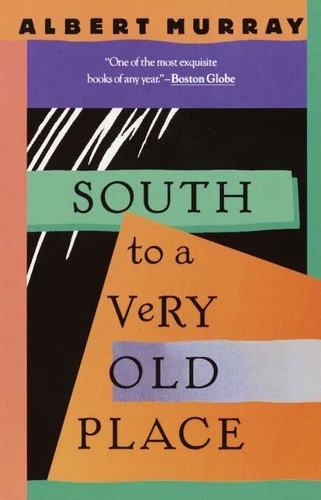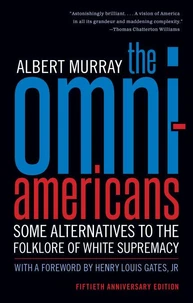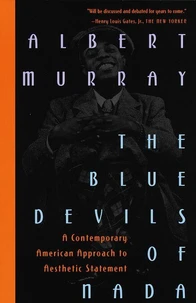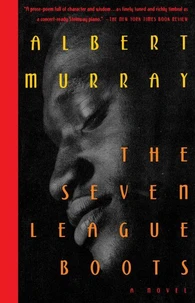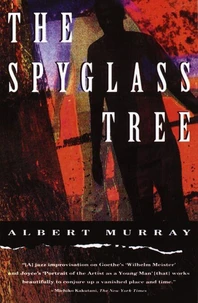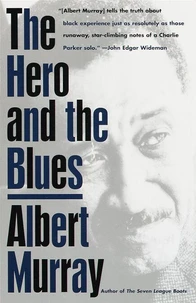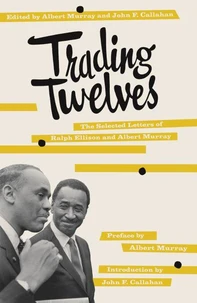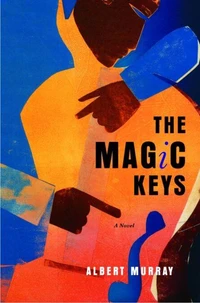South to a Very Old Place
Par :Formats :
Disponible dans votre compte client Decitre ou Furet du Nord dès validation de votre commande. Le format ePub protégé est :
- Compatible avec une lecture sur My Vivlio (smartphone, tablette, ordinateur)
- Compatible avec une lecture sur liseuses Vivlio
- Pour les liseuses autres que Vivlio, vous devez utiliser le logiciel Adobe Digital Edition. Non compatible avec la lecture sur les liseuses Kindle, Remarkable et Sony
- Non compatible avec un achat hors France métropolitaine
 , qui est-ce ?
, qui est-ce ?Notre partenaire de plateforme de lecture numérique où vous retrouverez l'ensemble de vos ebooks gratuitement
Pour en savoir plus sur nos ebooks, consultez notre aide en ligne ici
- Nombre de pages240
- FormatePub
- ISBN978-0-307-82861-3
- EAN9780307828613
- Date de parution19/09/2012
- Protection num.Adobe DRM
- Taille2 Mo
- Infos supplémentairesepub
- ÉditeurVintage
Résumé
The highly acclaimed novelist and biographer Albert Murray tells his classic memoir of growing up in Alabama during the 1920s and 1930s in South to a Very Old Place. Intermingling remembrances of youth with engaging conversation, African-American folklore, and astute cultural criticism, it is at once an intimate personal journey and an incisive social history, informed by "the poet's language, the novelist's sensibility, the essayist's clarity, the jazzman's imagination, the gospel singer's depth of feeling" (The New Yorker)."His perceptions are firmly based in the blues idiom, and it is black music no less than literary criticism and historical analysis that gives his work its authenticity, its emotional vigor and its tenacious hold on the intellect...[It] destroys some fashionable socio-political interpretations of growing up black."--Toni Morrison, The New York Times Book Review
The highly acclaimed novelist and biographer Albert Murray tells his classic memoir of growing up in Alabama during the 1920s and 1930s in South to a Very Old Place. Intermingling remembrances of youth with engaging conversation, African-American folklore, and astute cultural criticism, it is at once an intimate personal journey and an incisive social history, informed by "the poet's language, the novelist's sensibility, the essayist's clarity, the jazzman's imagination, the gospel singer's depth of feeling" (The New Yorker)."His perceptions are firmly based in the blues idiom, and it is black music no less than literary criticism and historical analysis that gives his work its authenticity, its emotional vigor and its tenacious hold on the intellect...[It] destroys some fashionable socio-political interpretations of growing up black."--Toni Morrison, The New York Times Book Review

